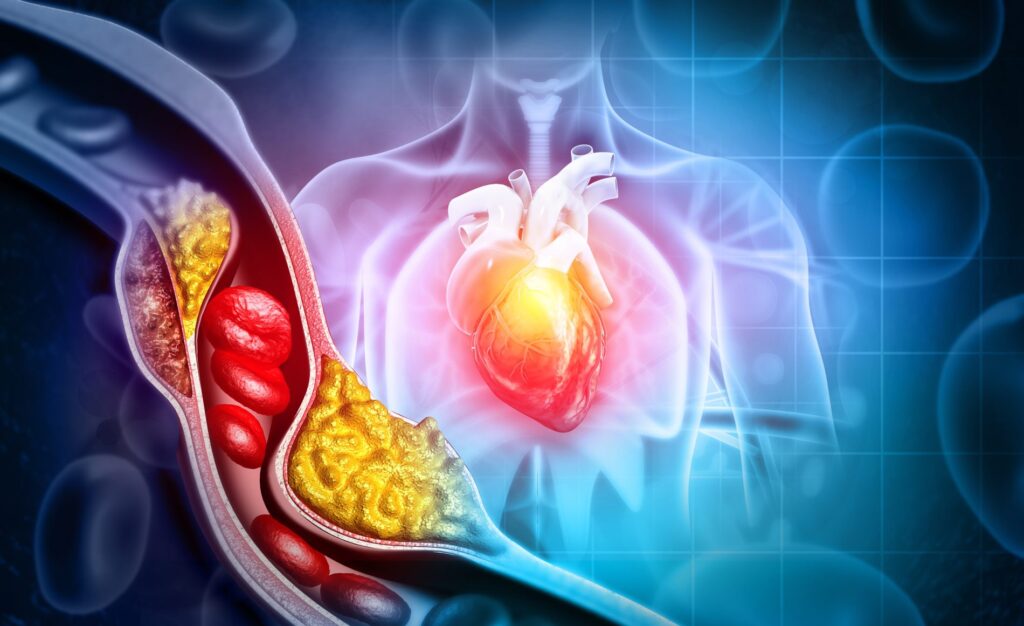22/11/2023
22/11/2023

NEW YORK, Nov 22, (Agencies): In a groundbreaking trial, a CRISPR-based cholesterol treatment has shown encouraging outcomes, including a notable 55% reduction in cholesterol levels for one participant. However, the company must address safety concerns to demonstrate the treatment's overall viability.
Background: Cholesterol, a waxy substance produced by the liver and found in certain foods, poses a significant health risk at elevated levels, particularly LDL cholesterol, which can lead to cardiovascular diseases, heart attacks, and strokes.
Current Treatments: Existing solutions, such as daily statin pills or periodic injectables, often come with side effects or high costs. Dietary changes, while beneficial, may prove challenging for many individuals.
Verve Therapeutics' Approach: Boston-based biotech firm Verve Therapeutics is pioneering a potentially revolutionary, one-time, lifelong cholesterol treatment named VERVE-101. This therapy aims to permanently deactivate a gene in the liver responsible for producing the PCSK9 protein, a regulator of LDL levels.
Trial Outcomes: VERVE-101, using CRISPR's "base editing" technique, demonstrated promising results in monkey trials, reducing LDL levels by nearly 70% for an extended period. In the heart-1 phase 1b trial involving individuals with familial hypercholesterolemia, a single dose of the treatment resulted in up to a 55% reduction in LDL levels, sustained over six months.
Safety Concerns: Despite positive outcomes, safety concerns arose, particularly at higher doses. One participant in the highest dosage group experienced a heart attack, prompting a significant drop in Verve's stock. The FDA's restrictions on enrolling only those with severe diseases in initial gene editing trials may have contributed to these concerns.
Future Steps: Verve is enrolling more participants to determine the ideal dosage for further testing in 2024. While focusing on those with familial hypercholesterolemia initially, the ultimate goal is to develop a CRISPR therapy capable of durably reducing LDL cholesterol levels for a broader population, addressing the world's leading cause of death in a systematic and cautious manner.


